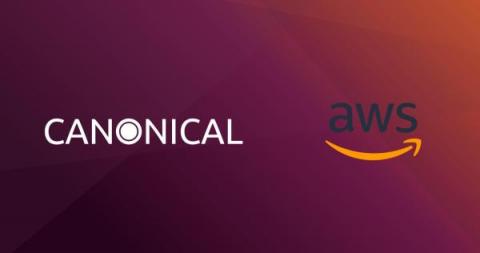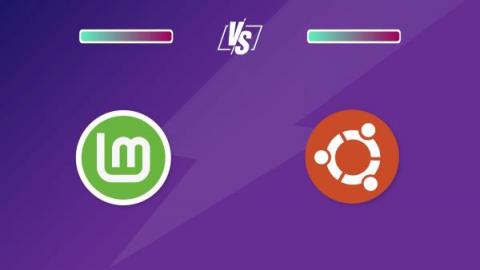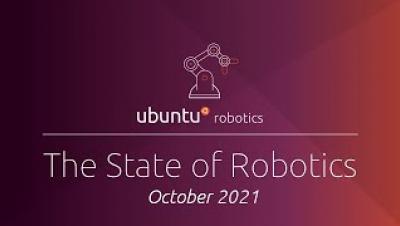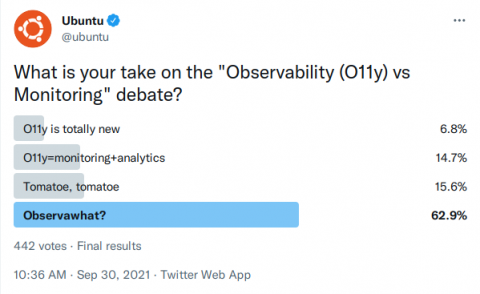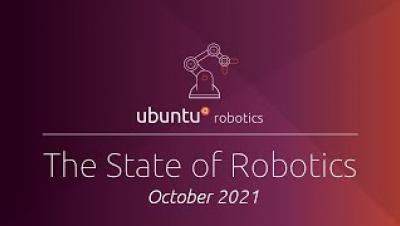Launch Ubuntu Desktop on Google Cloud
This tutorial shows you how to set up a Ubuntu Desktop on Google Cloud. If you need a graphic interface to your virtual desktop on the cloud, this tutorial will teach you how to set up a desktop environment just like what you can get on your own computer. We need four steps to set up a machine.



